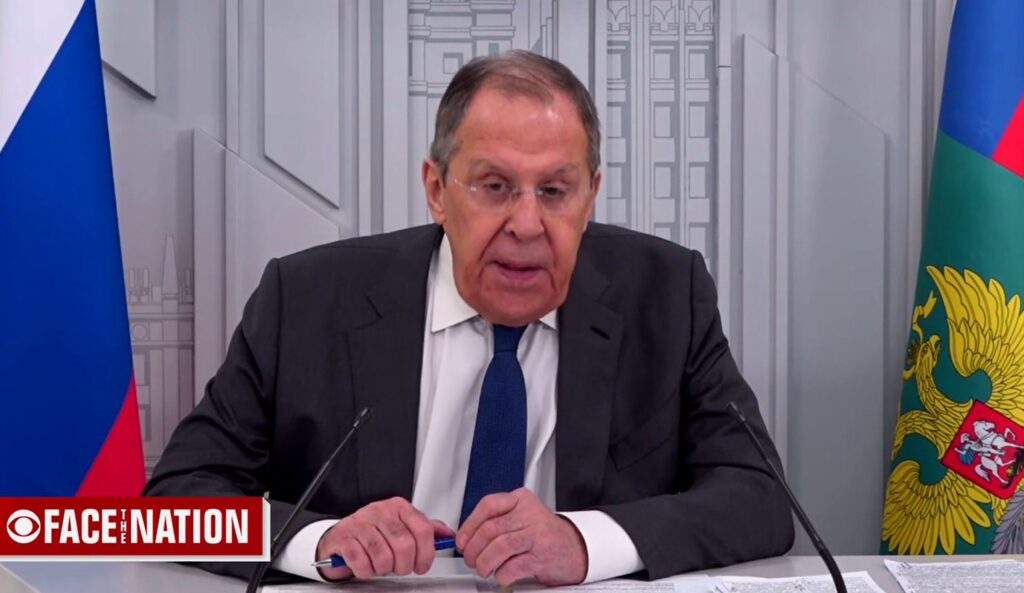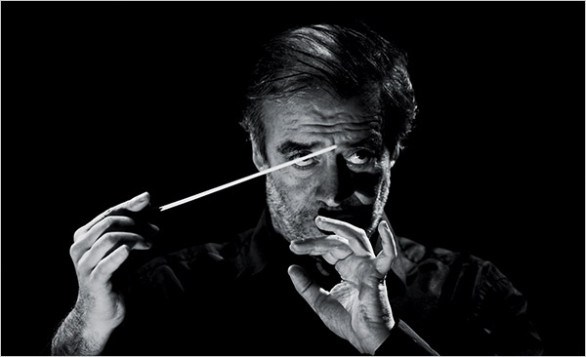ISW: Kremlin pushes alone-against-the-West myth to rally Russians against Ukraine and NATO

Kremlin officials continue to push the idea that Russia is in allegedly direct confrontation with the West. The Institute for the Study of War (ISW) reported on 28 July that this narrative is used to maintain domestic support for the war in Ukraine and “future Russian aggression against NATO.”
According to ISW, Russian Foreign Minister Sergei Lavrov told a Russian youth forum on 28 July that “Russia is fighting alone against the entire West… for the first time in history” and that the country “must rely on [itself].” He said Russia has “no allies on the battlefield,” unlike during past world wars.
The report pointed out that these claims ignore ongoing military and economic support from North Korea, Iran, and China.
Russia portrays itself as alone, while support from allies says otherwise
ISW noted that North Korea has supplied Russia with ballistic missiles, artillery shells, and personnel. It added that Iran’s Shahed drones have been used in repeated Russian airstrikes on Ukrainian cities and that Iran’s help enabled Russia to produce its own versions. The report also stated that China helps Russia evade sanctions and provides critical components and microelectronics for its weapons.
Use of propaganda
Lavrov also claimed Russia had “no alternative” to launching its war of aggression, repeating demands that Ukraine must not join NATO, NATO must stop expanding, and that Russia’s claimed annexations of Ukrainian territory must be recognized.
“Putin is unlikely to make any concessions in his war aims unless he is forced to do so by significant Ukrainian battlefield victories, as any negotiated end to the war that does not achieve all of Putin’s objectives would call into question the success, and, potentially, wisdom of Russia’s military campaign in Ukraine,” ISW concluded.


